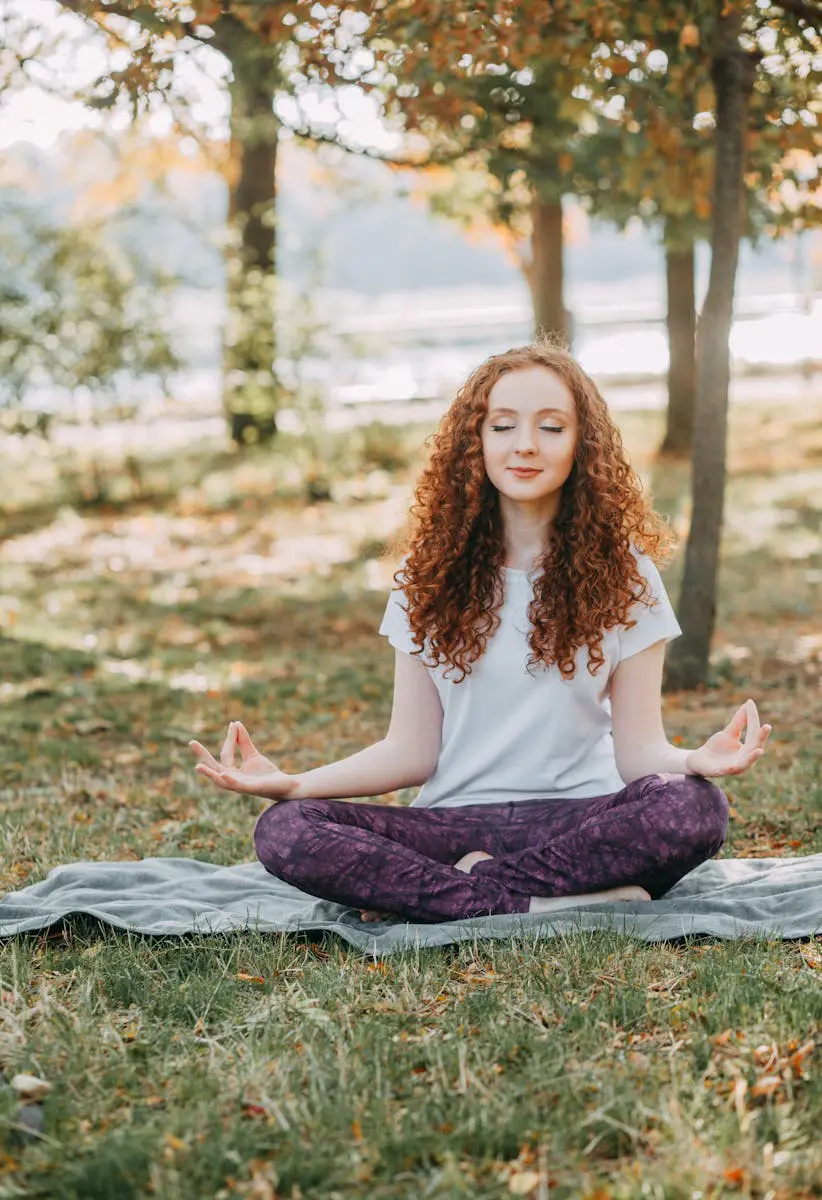Photo this: You take a seat to check out a short article, answer emails, and even watch a movie– and 5 minutes later, your mind has already roamed. You’re not alone. Whether you’re 25 or 75, staying focused feels harder than ever. Fortunately? Scientists state there may be a remarkably easy repair– and it only takes a couple of minutes a day.
Have you ever wondered whether simply a few minutes of meditation a day can really hone your focus? New studies recommend it’s not only possible– it works across age groups, even with short day-to-day practices.
Here’s what scientists found, how it assists healthy aging, and how you can try it (no expert required).

Why Attention & Focus Matter for Aging As we age, a lot of us battle with distractions, slower reaction times, and minimized capability to focus. These modifications aren’t simply frustrating– they’re tied to declines in cognitive performance, memory lapses, and earlier start of conditions like Alzheimer’s illness.
So anything that helps preserve attentional control isn’t almost productivity or feeling sharp– it has to do with maintaining healthspan (the years lived well), not just life expectancy.
USC Leonard Davis School Research Study (July 2025)
You can check out the information here and here, however in a nutshell:
- Participants: 69 grownups in three age brackets– young (18– 30), middle-aged (50– 65), and older (65– 80).
- Intervention: Daily directed mindfulness meditation utilizing the Headspace app, 10– 15 minutes daily for thirty days. Control group listened to an audiobook for the same period.
- Measurement: Eye-tracking jobs determining reaction time, goal-directed attention, and distractibility (just how much unimportant visual stimuli diverted focus).
And the Outcomes: The meditation group showed improvements: much faster reaction times, more accurate eye-movements towards targets (less sidetracked by irrelevant stimuli), and more powerful goal-directed focus. These gains corresponded throughout any age groups.
Carnegie Mellon/ “Meditation Apps Deliver Real Health Advantages” (August 2025)
This is an evaluation piece released in American Psychologist by CMU researchers. It examined a body of app-based meditation intervention research studies.
What it found: Even short, routine usage of meditation apps can lower blood pressure, minimize repetitive negative attitude, ease stress and anxiety & anxiety, improve sleep, and even influence inflammation-related gene expression.
For me, this is a terrific thing– because I know lots of people who do not want more tasks– and a meditation can often seem like that. But if there are clear advantages AND it does not require hours, then it will be easier to embrace by many individuals. Additionally, if the apps help– this is even better, imho.
Importantly, the impacts are modest however consistent. The crucial aspects are regularity and consistent brief sessions instead of long, irregular ones.

What Makes These Findings Effective Brief time investment: 10-15 minutes/day (USC)or similarly quick meditations via app (CMU), instead of hours of retreat or gym-like practice. Objective measurement: USC utilized eye-tracking, not just self-reports, so we can see cognitive modifications, not simply feel them.
How to Turn This Into a Habit: Practical, Travel-Friendly Tips
To in fact get the cognitive advantages, consistency is key.I know it is many times easier stated than done, but the primary step is tu actually do something.
To start tonight.
Little.
Simply a couple of minutes.
And after that, repeat tomorrow.
And, in time, it will get easier.
Here are pointers that make this doable– whether you’re at home, taking a trip, or between conferences.
- Set a mini-goal: Go for 10– 15 minutes/day of assisted mindfulness meditation. Those are the minutes the USC research study used effectively.
- Use apps: like in the USC & CMU studies. Select one you like. Set day-to-day tips.
- Couple with another habit: After brushing teeth, before a walk, or right after getting up. Habit stacking assists a lot.
- Track development: Keep a basic journal (simply 1-2 lines, e.g., “felt more focused today/ less sidetracked”) or utilize app logs.
- Practice in small bursts if required: If 10-15 min straight is tough, divide it (e.g., 2 5-minute sessions)– it still seems handy per the review.
- Make the practice accessible: Apps make it possible anywhere– hotel room, travel layover, etc. Avoid excuses like “I’m not in the house.”
Other Related Findings & Supporting Evidence
The CMU evaluation (“Meditation App Revolution”) shows that brief app-based meditations have measurable psychological health advantages, including decreases in stress and anxiety, depression, and improvements in sleep. PubMed
Another relevant discover: brief app-based programs with approval training lower cortisol and high blood pressure reactions to stress (but those were somewhat longer or more structured). Still supports the idea that even low “dose” meditation has downstream physiological effects. Carnegie Mellon University

Disclaimers This article sums up current research and is for educational/informational purposes just. It is not medical guidance.
Everyone is various: effects may differ depending upon baseline cognitive health, sleep, stress, and genes.
If you have existing psychological health conditions, neurological issues, or are under medication, speak with a certified healthcare provider before beginning a meditation program.
Last Thoughts
What strikes me is how workable this is. Just 10– 15 minutes a day of assisted mindfulness seems enough to hone focus, no matter your age. It’s not about ending up being a master meditator– it’s about providing your brain a brief duration of calm, clearness, and focus, daily.
If you read this, you can try it today: 10 minutes with an app, note how distractions feel, and see if you find yourself less pulled away by phone notices or background sound. Due to the fact that even little wins like that can stack up– and brain health is one of those things where every little enhancement counts.
Picture sources: 1, 2, 3
